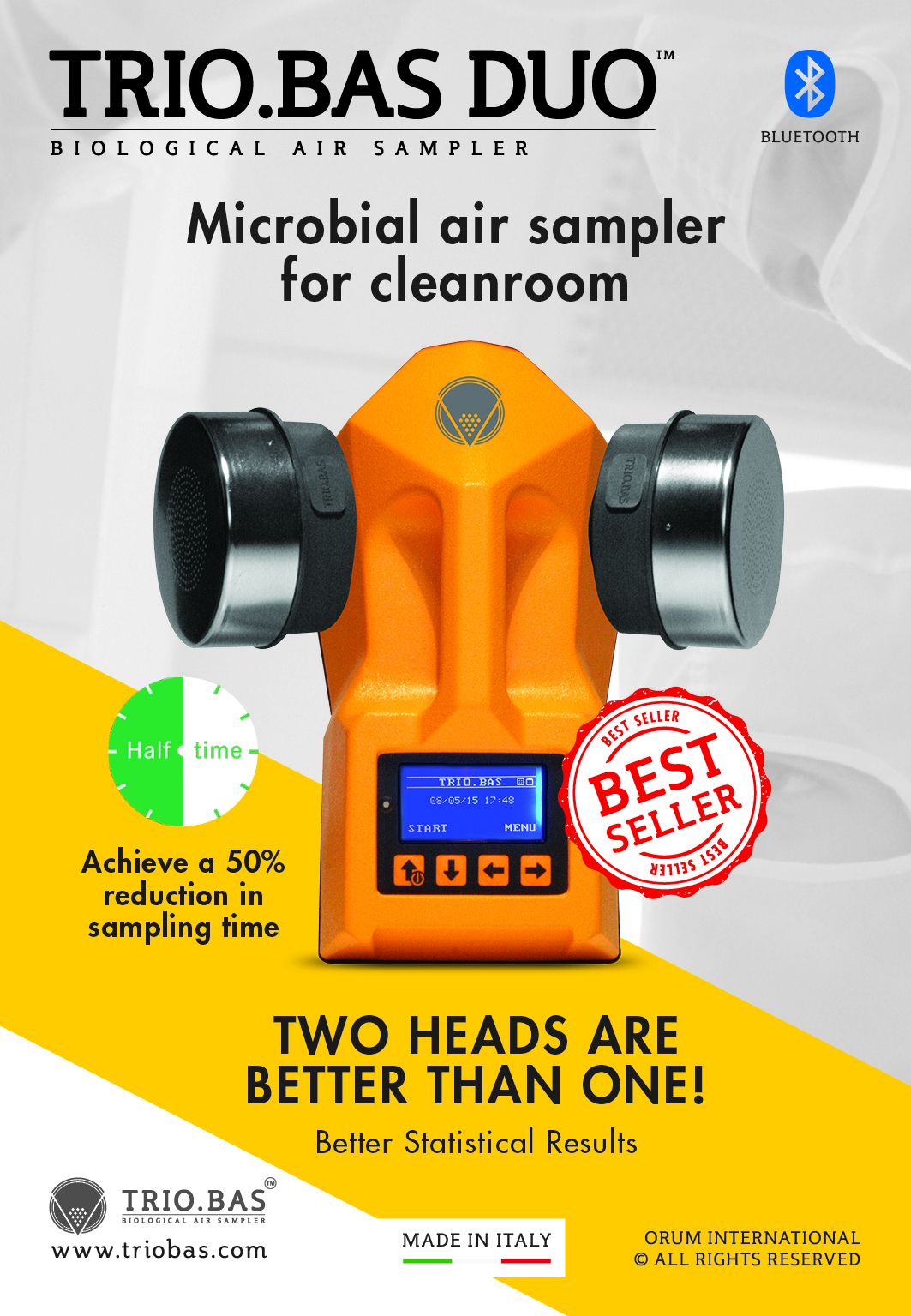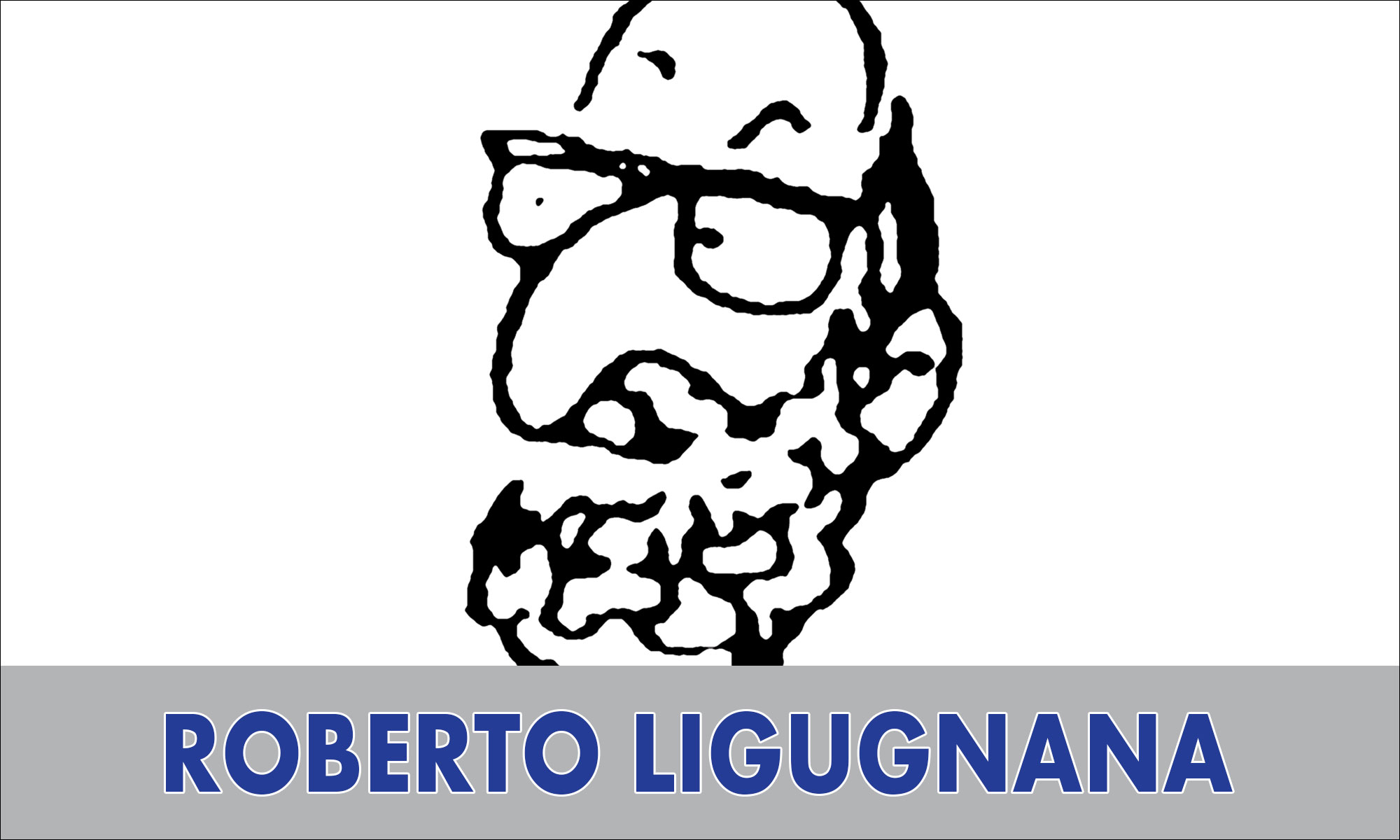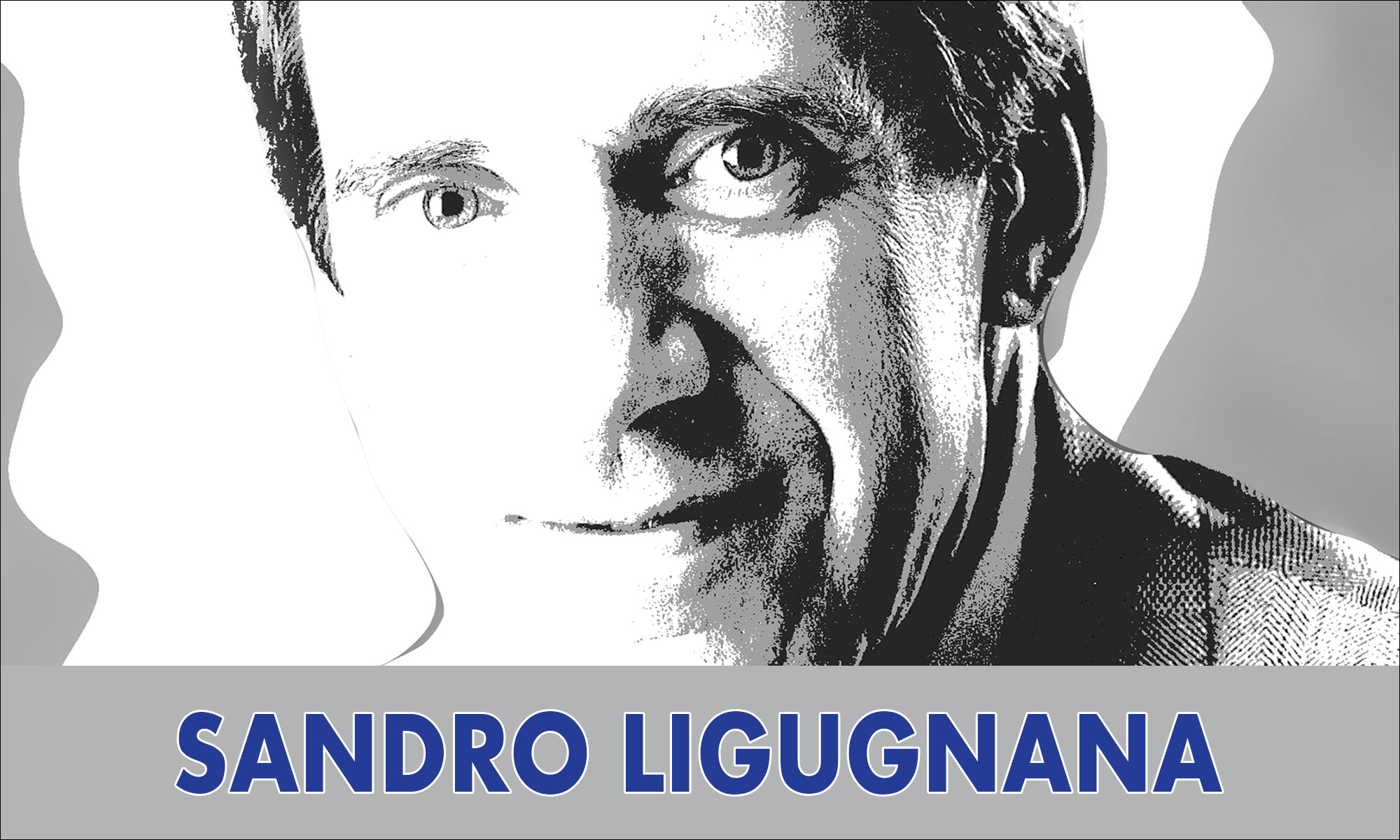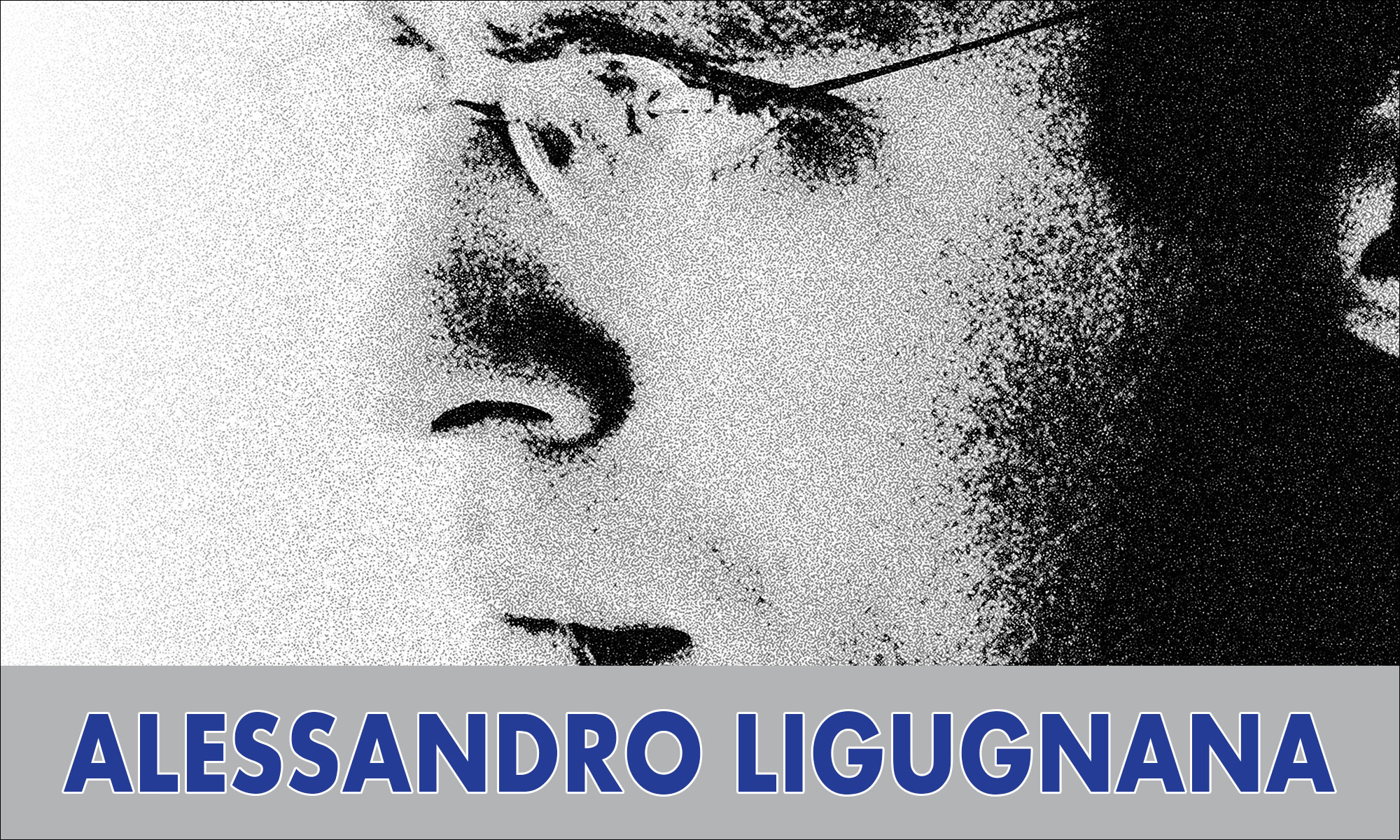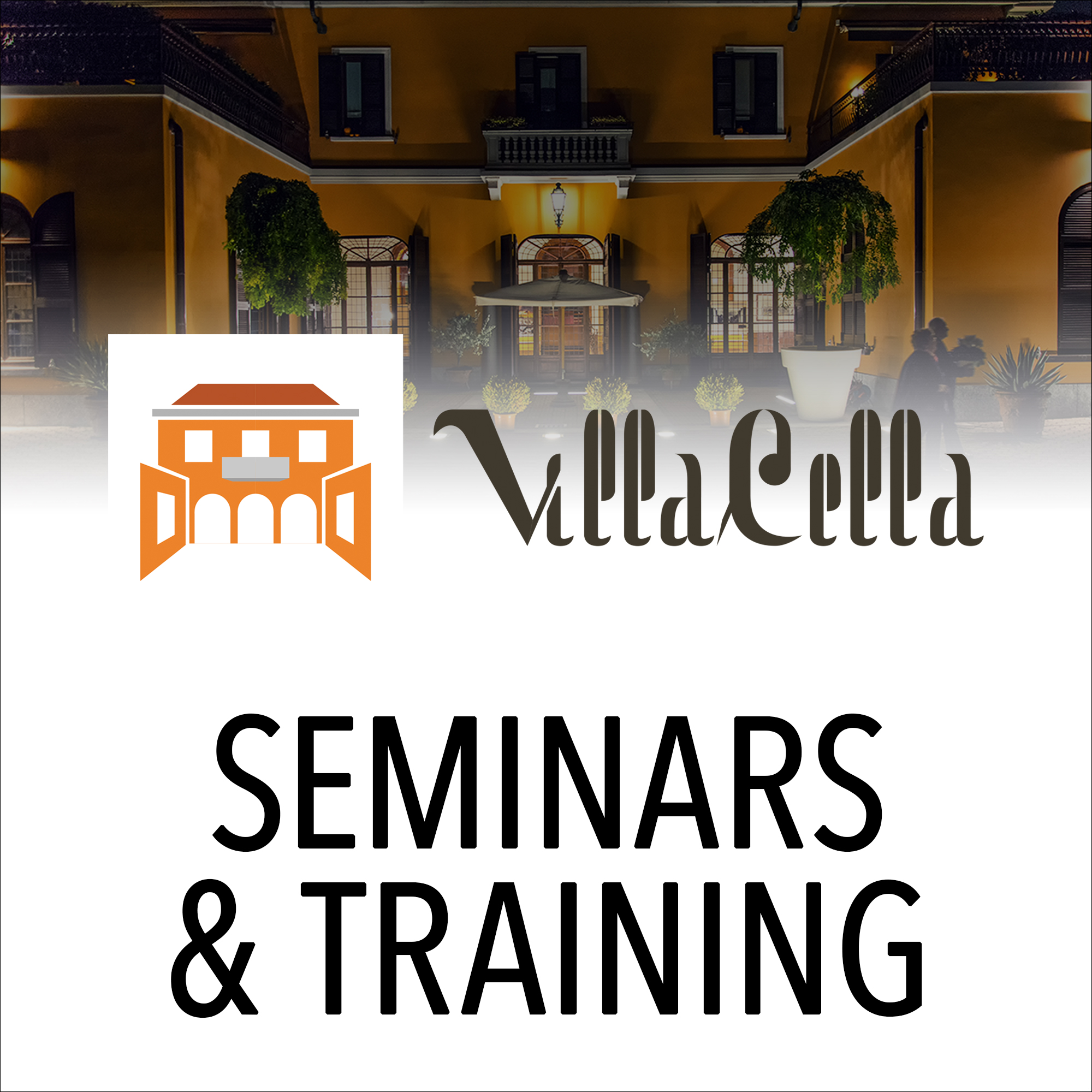Sterility validation in isolator
| 1. Facility Qualification | Key facility attributes include: (a) HVAC/temperature control (b) Safety monitor (c) Controlled access |
| 2. Equipment Qualification | Standard IQ, OQ of isolator and sterilant generator installation and functional testing, including alarm testing. Also, the exhaust system is verified as an extension of the isolator |
| 3. Biological Indicators – D value Determination | Provides a baseline resistance under specific conditions for the Biological Indicators used for testing. The baseline value can be compared with subsequent Biological Indicator lots (used in revalidation studies) to verify that a reasonably equivalent challenge is being utilized |
| 4. Decontamination Cycle | Cycle parameters for the VHP 1000 are established, initially based upon computer models using the temperature ranges established. Parameters ate then verified in PQ. Consistent temperature and gas distribution provides optimal performances. |
| 5. Sporicidal Efficacy Qualification | A minimal (fractional) cycle is validated in triplicate with the intention of providing a total kill of all 10-6 Biological Indicators (Geobacillus stearothermophilus spores). |
| 6. Aeration Qualification | The normal cycle (typically the validated exposure time is increased by 20% to account for potential system variability) is challenged in triplicate to verify removal of the sterilant residues that may interfere with the sterility rest. |
| 7. Starting Ingress Testing | Product containers filled with distilled water are exposed to back-to-back decontamination cycles and then chemically assayed to verify no sterilant penetration. |
| 8. Residue Effects Testing (Process Simulation to rule out false negatives) | Typically select 3-6 organisms (10-100 CFU) based upon USP growth promotion organisms and lab history (key environmental isolates) to provide evidence that the sterilant doesn’t interfere with the sterility test and environmental monitoring techniques. |










